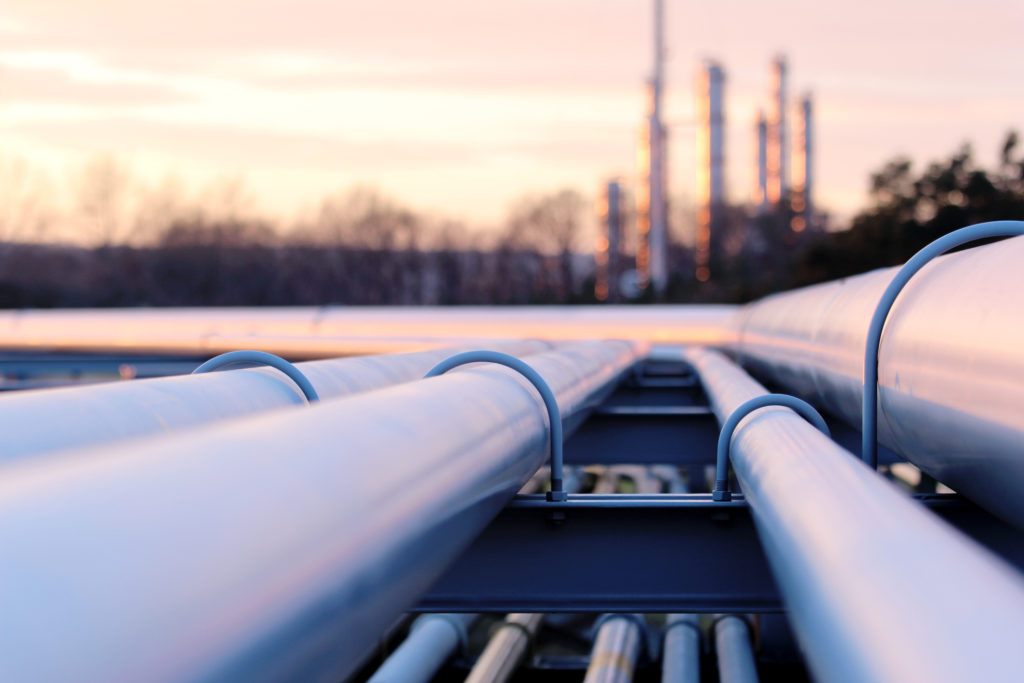
The world needs to find $1.3 trillion of incremental investment by 2030 to boost all types of energy output and infrastructure from renewables to oil and gas to avoid an energy crunch, U.S. bank JP Morgan said in its first annual energy outlook.
“Our main finding is that by 2030, energy demand growth will exceed supply growth by circa 20% based on current trends, primarily driven by emerging economies and their efforts to develop and lift their citizens out of poverty,” strategists Marko Kolanovic and Christyan Malek said.
Investment will need to be inclusive of all fuels, including oil and gas, renewables and nuclear, with oil demand alone expected to grow by around 10% by 2030 and gas by 18%.
“Not all fuels are made equal, and for the most part (and within this time horizon), different sources of energy are not fully fungible – solar panels cannot replace oil, needed for example in the industrial production of petrochemicals,” said the outlook, to which 30 JP Morgan analysts contributed.
The research contrasts with the message from the International Energy Agency (IEA), which last year said no new investment was needed in fossil fuels.
The IEA has since then clarified that its outlook was only one of the suggested scenarios and called on OPEC to pump more oil.
“On a very long scale, all of the current sources of energy will be viewed as transitional to a safer, cleaner, and cheaper source of energy. Long term, this might only be provided by nuclear fusion,” the JP Morgan outlook said.
“Until scalable, reliable, clean and affordable technologies are available, the world will need to work with all of the current sources of energy – fossil and non-fossil – and their respective drawbacks,” it said.
It said global end-use spending on energy was set to rise to 9.5% of GDP in 2022 from a 2015-2019 average of 8.4%.
A further increase in energy costs would pose a greater probability of societal unrest and a slowdown in the energy transition, JP Morgan said.